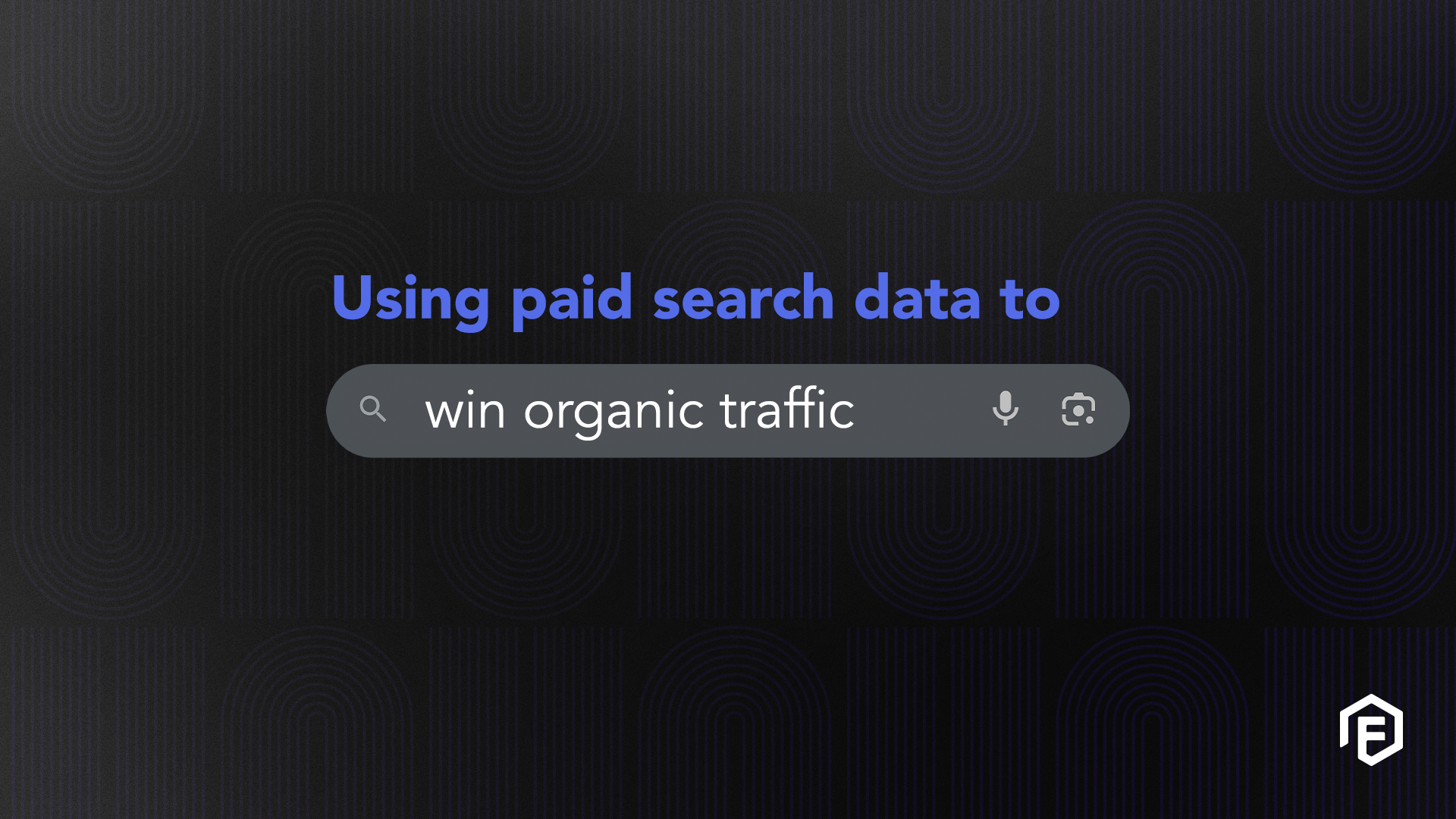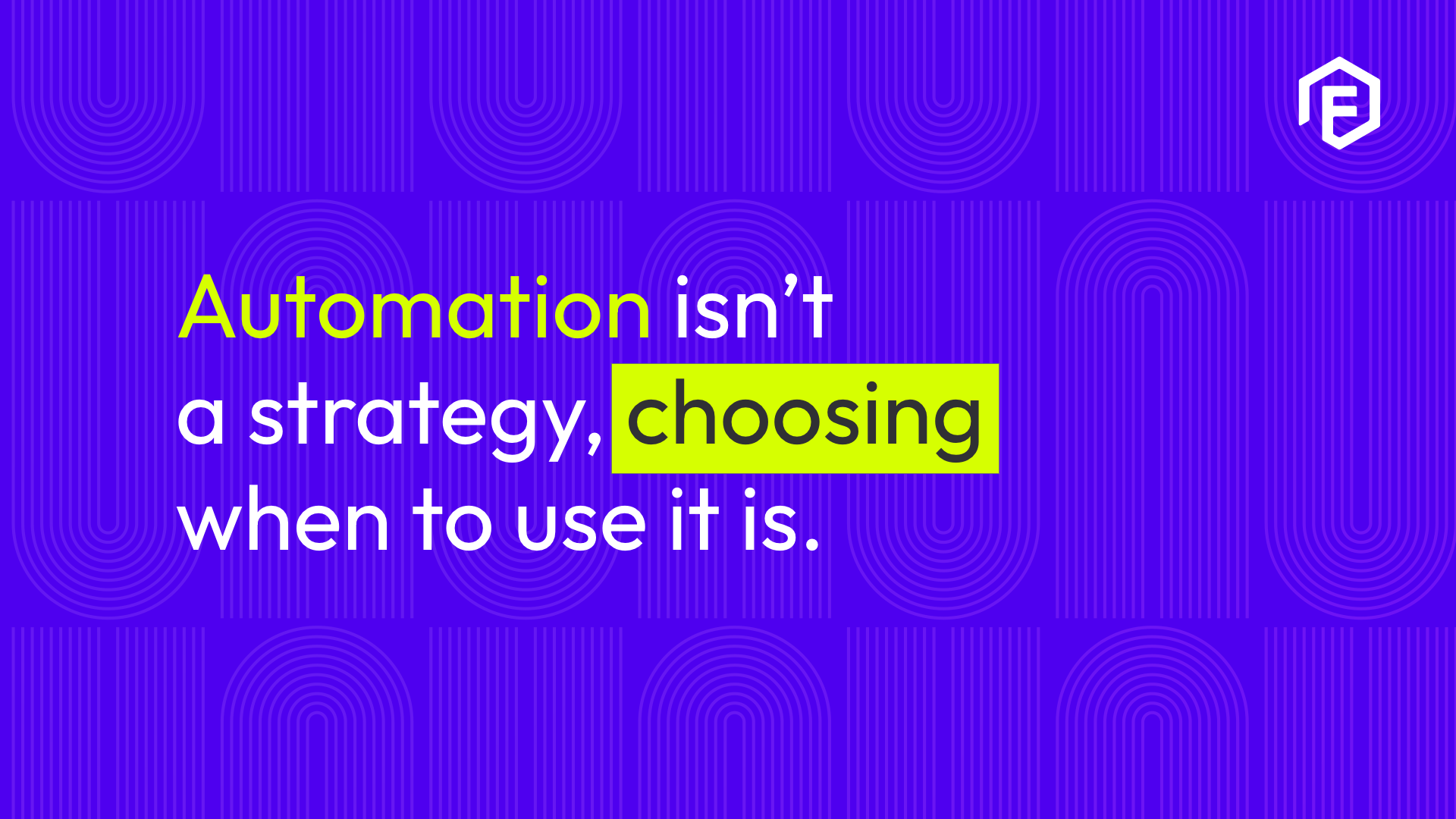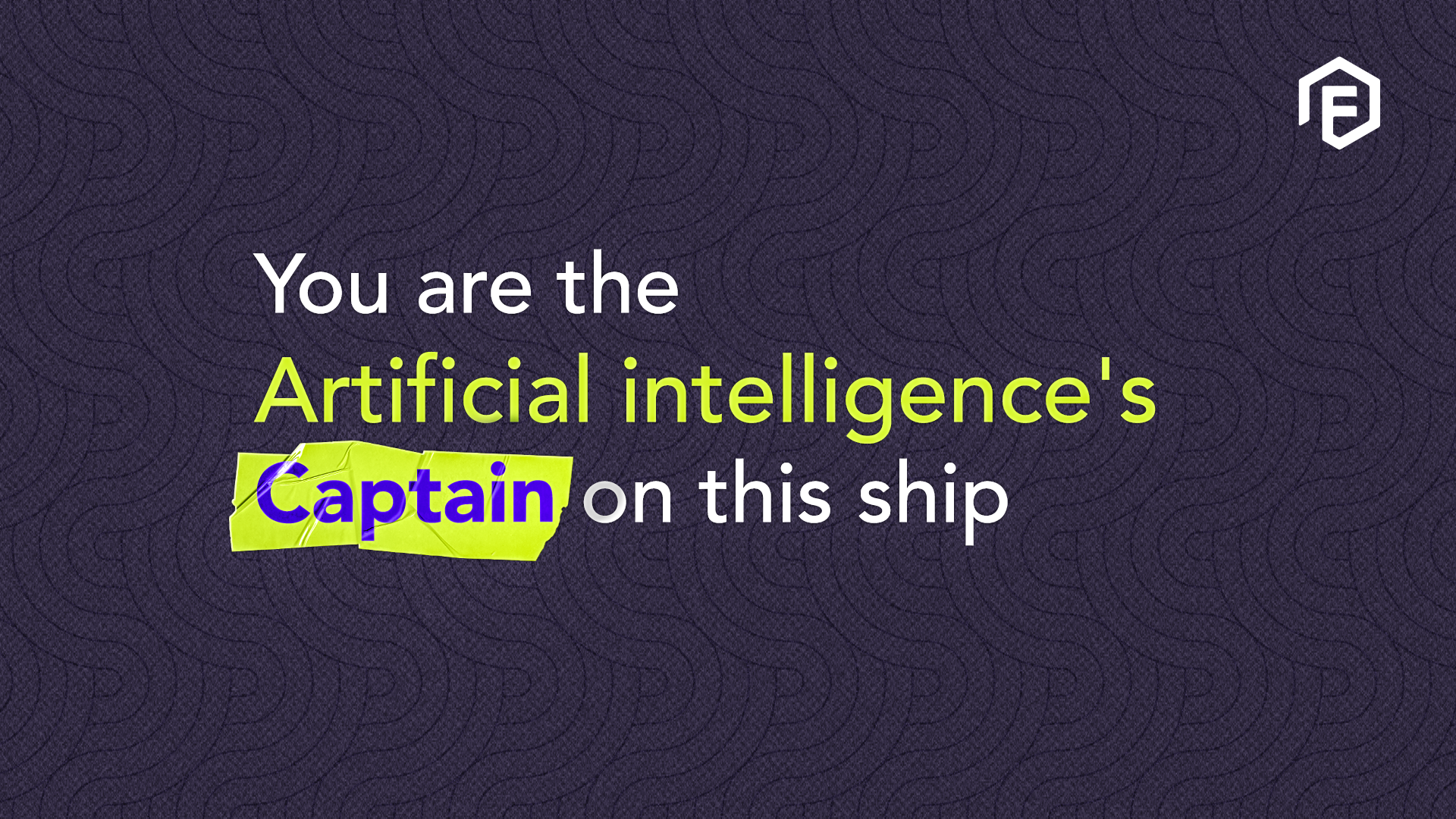The digital industry is the new finance industry. Now I know this is a big statement to make, especially considering the fact that most people in the digital industry (and the industry itself) is quite young. When looking at some of the key traits the finance industry from when it all started, and comparing it to what the digital industry is evolving into, my statement may not seem so “extreme.”
When the financial markets were in full swing during the 60’s, one of the ideal jobs to have at that time was to be a stockbroker. Someone who buys and sells shares. These guys were paid a fortune as they dealt with large amounts of money, and if done well, made the client a considerable amount of money.
Looking at today, most of the brightest minds coming out of universities are flocking to Digital companies like Google, Apple and Tesla. The demand for bright minds in this industry is so huge that the current grad student straight out of University gets paid more than the average household income in America.
In the same way Banks and Finance companies have become huge international conglomerates, so too have digital companies. In fact, the growth rate of digital companies has been considerably quicker, with Snapchat, for example, having been valued at R36 billion in 2013 and now only 2 years later at R180 billion. Facebook, Google, Apple and even Alibaba are all examples of the exponential growth and net worth of the digital industry.
But just like the finance industry, some of these companies have grown incredibly and then nosedived – Lehman brothers and Yahoo are examples of this. Both massive on any scale, now bankrupt or almost there.
Initially, the financial market wasn’t really that complex; buy a share, get a “share” of the profits. Today it is a bit more intricate, with bonds, shares, private equity, hedge funds, indexes and derivatives.
Some might say that the digital industry has always been complicated, but today it is even more so, and just like the finance industry which has a live trading market, so does the tech industry. The digital marketing networks and exchanges allow advertisers to buy and sell advertising space in a few milliseconds, as well as the different complexities thereof, is soon to surpass the finance industry in complexity. And the only reason why people are not shouting at each other in a frenzy to buy media space is because they found that a computer can do it much better.
And as always, the more money there is to make, the more scams there are out there to take that money away from you. In fact, it is estimated that the digital advertising market has the largest scams of all. Google has gone as far as building a top secret experts team, which almost nobody knew about three months ago, just to make sure that they protect their clients from this fraud.
The digital industry is expanding at a rapid rate and dramatically changing the game across the board. Innovation within the digital space is at an all-time high, and either you adapt to it, or you find yourself being replaced.
Ruan Oosthuizen- CEO of Flume
The original article can be found here.



